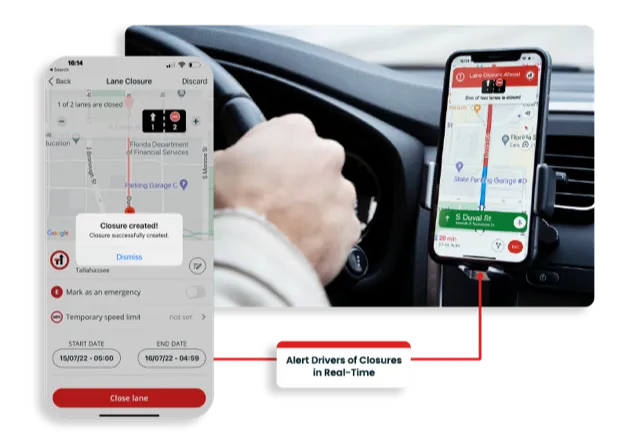The pilot is using onboard devices fitted in several vehicles that collect information on the vehicle’s battery charge level, location and the power source. This monitoring capability not only benefits the user but also provides utility providers with further insight into energy generation and consumption.
Whether at home, in the office or thousands of miles away, electric vehicle owners can quickly consult their mobile device to check whether their car's battery level is sufficient for its next use. Another advantage of the app is that it can be programmed to start battery charging at a future point in time, for example when rates are lowest or when a trip is planned.
The IBM app also allows vehicle owners to delegate the responsibility of recharging the battery to the utility provider, which can schedule charges based on the availability of renewable resources, such as sun and wind, allowing the utility to improve load balancing and prevent outages. EKZ believes this will be a value added service that will gain more significance as electric vehicles become prevalent.
To analyse the programmed charging process of electric vehicles with renewable energy, the pilot project takes real-time production data from photovoltaic solar panels located at EKZ's facility in Dietikon, which then gets transmitted to the cloud service. In this charge mode, the electric vehicle is charged when solar electricity is being produced. If less solar energy is being generated, the charging process can adapt automatically.
The project has the potential to contribute to Switzerland's energy policy goal of increasing the proportion of electricity produced from renewable energy by 5,400 gigawatt hours (GWh), or 10 per cent of the country's present-day electricity consumption, by 2030. According to the latest statistics available, approximately 55.6 per cent of Switzerland's overall electricity production comes from renewable sources, with hydropower by far the biggest contributor at more than 96 per cent.
"Electric vehicles can be used to buffer the irregular production of electricity from future renewable sources, which will contribute to the overall stability of the electrical network," predicts Peter Franken, head of the Energy Distribution department of EKZ and executive management member. "With this project we can show how electric vehicles can create a balance between supply and demand for smarter energy grids."






